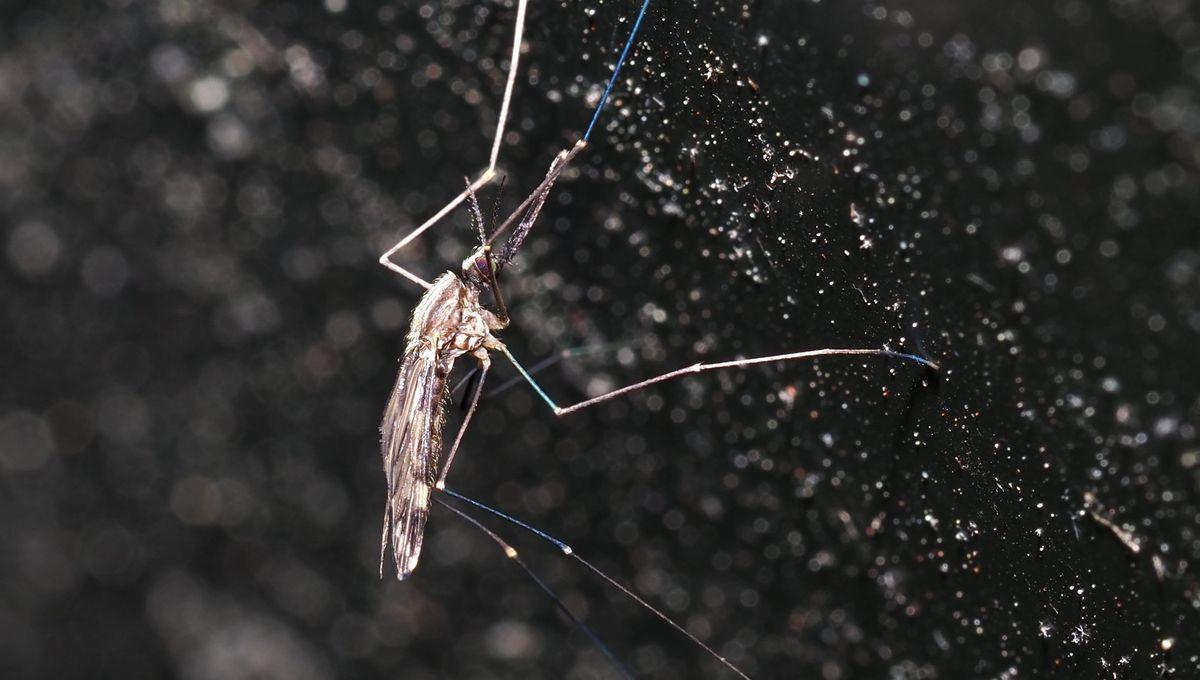Denisovan DNA May Make Some People Resistant To Malaria

Denisovan DNA May Make Some People Resistant To Malaria
When our prehistoric ancestors mated with Denisovans, they may have picked up some highly advantageous genes that continue to benefit our health today. According to a new study, some human populations may even carry Denisovan DNA that enhances their resistance to a range of parasitic diseases, including malaria.
The rest of this article is behind a paywall. Please sign in or subscribe to access the full content. As more and more Denisovan fossils turn up across Asia, it’s becoming increasingly clear that our extinct sister lineage once occupied a huge swathe of Earth’s landmass, and would therefore have had to adapt to a wide range of climates and habitats. Inevitably, certain populations would have come into contact with mosquitoes, ticks, and other vectors that carry dangerous pathogens. Over time, they may have even developed a level of tolerance to these diseases. To determine which threats these prehistoric hominins faced, Attila Trájer from University of Pannonia reconstructed the paleoenvironment at several known Denisovan sites. For instance, at both the Denisova Cave in Siberia and the Baishiya Karst Cave on the Tibetan Plateau, the study author found that boreal forest biomes would have predominated, making these regions unsuitable for malaria-carrying mosquitoes. In contrast, Tam Ngu Hao 2 Cave in Laos would have been surrounded by subtropical seasonal forest, where these flying killers – and many other disease vectors – would have thrived. Intriguingly, modern Southeast Asians carry between four and six percent Denisovan DNA, which is higher than any other human population alive today. Even more interestingly, people in this region also possess certain immunity-linked genes that are thought to have originated in Denisovans, and which may well provide protection against certain tropical diseases. For instance, Trájer points out that the frequency of a Denisovan allele called HLA-H∗02:07 remains high among the residents of Ho Chi Minh City, where the malaria-carrying protozoan parasite Plasmodium vivax is endemic. He therefore suggests that this gene may have helped to protect Denisovans from the disease, while its prevalence in modern humans in the region indicates that it must still be highly beneficial. Other genes that code for a series of compounds called CYP enzymes are thought to have been present in the Denisovan genome, and might have enabled these ancient humans to adapt to the various nasties lurking in their local forests. According to the author, these enzymes would have “contribute[d] to the fight against such vector-borne diseases like P. vivax–caused malaria through their ability to detoxify foreign compounds and their potential involvement in immune responses.” At the same time, Trájer writes that CYP enzymes might have provided vital protection in “biodiverse environments rich in toxic plants, poisonous snakes, and venomous arthropod-containing monsoon and tropical forests of Southeast Asia.” In light of this increased pathogen resistance, the study author concludes that the “extensive Denisovan genetic legacy” in modern humans now “appears less surprising.” The study has been published in the Journal of Human Evolution.


